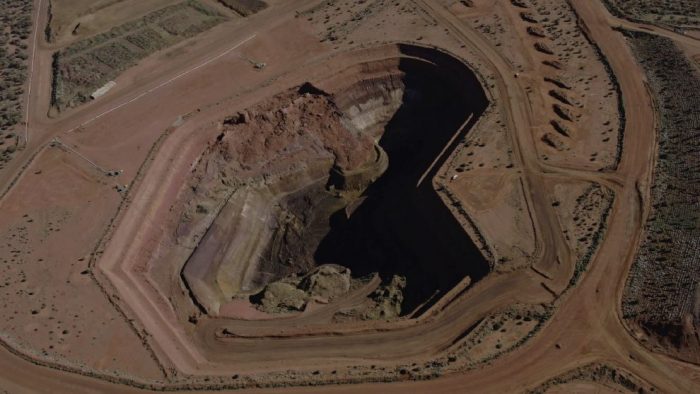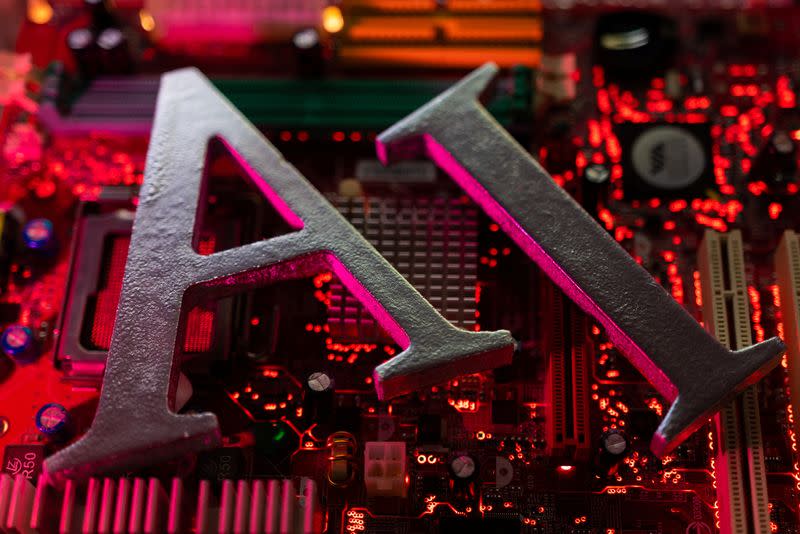In recent years, there has been frequent friction between China and Australia and Australian Prime Minister Scott Morrison has made many statements, pointing fingers at core China interests, according to an editorial published by Tencent.
This week Australia stood on China’s toes again, by moving to grab a greater share of a key Chinese market, the editorial said. Tencent says the country is trying to “open the road with money” and become a mainstream supplier in the world rare earths market within 10 years.
On Thursday March 4, foreign media reported that Australia will provide US$1 billion in support for companies that boost the processing capacity of critical minerals over the next decade.
Under a 10-year plan proposed by Morrison, Australia will work hard to improve its processing and manufacturing capability in the resources sector.
The main purpose of the plan is to compete with China in the supply of key products, such as rare earths and clean energy. It reported that the key material in electric-vehicle batteries is lithium, and that Australia is the largest exporter of lithium.
According to remarks by Morrison when announcing this plan, Australia wants to undertake more processing at home to drive economic growth in key regions and to ensure that it grabs an important position in the global rare earth supply chain.
At present, this is also a strategic priority of the country. Morrison pointed out that rare earths and key minerals will integrate technologies to form a supply chain that Australia’s trading partners can “rely on”.
Last month Tencent reported that Australian companies were actually preparing to compete in the rare earth market. At that time, the general manager of a company declared that although China is currently a major exporter in the global rare earth market, the company’s mining projects in Uganda will soon surpass China.
The general manager of this Australian company pointed out that although China’s rare earth exports account for more than 90% of the global market, China’s recent policy is biased towards tightening rare earth exports, which means the international market will need more rare earth supplies from other countries – and Australia, he said, was very willing to “replace it” in that regard.
According to reports from the Australian media seen by Tencent, in the past year the revenue of Australian rare earth companies increased by more than 12% year-on-year, and the total amount exceeded A$200 million.
Australia’s domestic rare earth stock was put at about 3.2 million tonnes, which is not as much as China, but also very rich. In the high-tech manufacturing industries that require rare earth elements, such as armament manufacturing, European and American countries obviously hope that Australia can provide more rare earths.
For Australia to produce more rare earths, the United States will undoubtedly benefit the most, it said.
About a week ago, Biden asked government agencies to undertake a review of supply chains for a handful of sectors, including rare earths, over the next few months. But there was no news that it will increase the intensity of rare earth mining in the United States.
‘Supply Chain Independent of China’
At present, there is only one rare earth mine operating in the United States, and some of the remaining mines are still more than 10 years away from being put into use.
Some media outlets have pointed out that the Biden administration is conducting reviews now so it can cooperate with other Western countries to form a complete industrial chain independent of China, Tencent wrote.
According to previous news in Indian media outlets, the United States, Japan and Australia will cooperate soon to jointly operate rare earth mines worth billions of dollars.
From a comprehensive perspective, the Australian side announced a “10-year plan” shortly after Biden issued an administrative order to increase mining efforts, and its intention to stand in a united front with the United States is also very obvious.
At the same time, as a member of the four-nation alliance of the United States, Japan, India and Australia, India is also very rich in rare earth reserves, ranking fifth in the world.
The Indian side also intends to cooperate with other Western countries in this direction. Some media outlets told the Modi government that the time had come to open up relevant resources to allies and to “confront China,” Tencent wrote.
However, although the four-nation alliance wants to ‘seize’ the global rare earth market, it does not have the strength to complete this goal in a short period of time. Some practitioners say the existing industrial chain is very mature, and China is also an “extraordinarily excellent partner.”
In contrast, the cost of forming and maintaining an independent industrial chain is very high, and it may also cause serious environmental damage Tencent said.
So, it can be seen that in the market rivalry between Western countries and China, rare earths have become the top priority. In the four-nation alliance, Australia has already begun its “charge” and begun to challenge China. Presumably, the other three countries will join the ranks soon, the report said.
• By Chris Gill and Jim Pollard
This page was upgraded on February 2, 2022 for style purposes.
ALSO SEE:
China turns to innovation during rare earth boom
Rare earth prices go through the roof as China tightens supply
China enforces new export controls, red letter day for rare earths
China threatens rare earths blacklist as trade war expands
China rapidly expanding Baotou rare earth high-tech zone
Battle for rare earths escalates as Pentagon gets involved
Beijing tightens reins on global rare earths supply
























